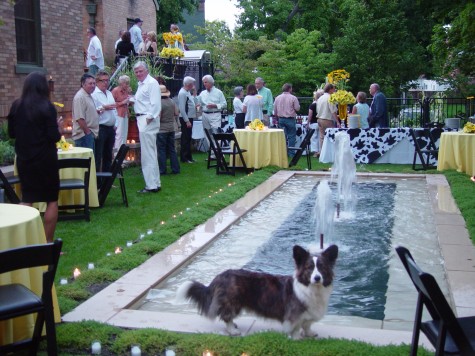I go to work really early; I like uninterrupted time to wake up, have coffee, plan the day, and play ball with the dogs. I often use this time to write-especially the Sunday opinion essay. Of late I have been taking photographs with the tripod-in the dark. I am curious what I cannot see, that the unblinking eye of the camera will catch. This routinely unscheduled time alone is my oxygen; I need to breath it in, to live. Later Steve will be in; we will sort out the day. Later yet, I will need to pull materials, sketch plans, talk on the phone, handle the unexpected. My rush hour starts around 7:30. Some days it persists longer than you would think. I would bet most other people’s days are just about like mine-but for the oxygen. What any given person needs to breathe in such that their blood circulates briskly-individual.
I have written and written again about how the gardening season goes on for me, long after the killing frost turns the landscape quiet. How much of this is either self defense, or just talk-probably more than I think. I do so miss the plants and the dirt. I miss cruising the garden, eating outdoors; I miss all of it, and I will go on missing it another three months anyway. Yesterday morning I woke up needing a little of that kind of oxygen. I waited around impatiently for the clock to read 8:45; I was walking in the door of Bordine’s Nursery at 9:05. The quality of the oxygen is what hits you first. The air is enriched with water, and smells like life. This sort of oxygen I need to live. Even though they are at the end of their holiday season, there was plenty of living going on.
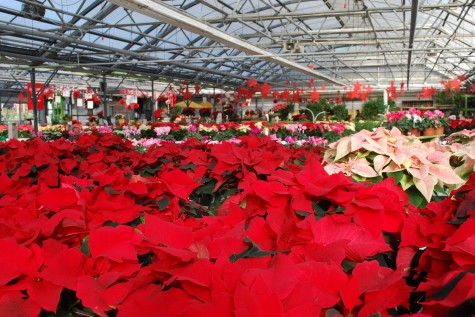
Having been a gardener a long time, I know what a well-grown plant looks like. Every place I looked, gorgeous plants grown by Rick Brinks. The greenhouse was filled with all manner of plants in warm colors; the chartreuse benching made all the color look even better. I found myself not one, but two flatbed shopping carts-and shop I did. The red and white pointsettias were luscious. As were the cyclamen. I like the mini-cyclamens better than the standard size. They seem more like a garden plant, than a hothouse version of a plant. Both will bloom a long time over the winter. The leaves are as beautiful as the flowers-although flowers were really what I needed yesterday. I bought amaryllis bulbs to pot up. These papery brown bulbs are programmed to speedily launch their stout stalks topped with three or four giant flowers practically while you watch. I found some tropical ferns and yellow variegated dracaenas-their shades of green were a sight for my sore eyes.
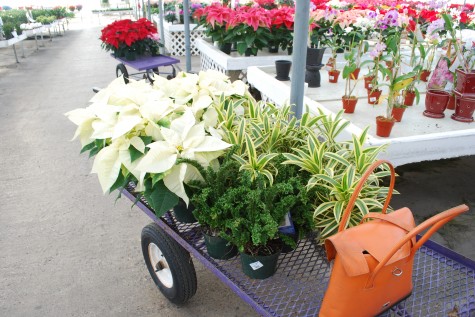
Last night I was potting plants on the kitchen counter. Buck was standing right next to me, armed with the roaring hose of the shop vac. The dirt crumbs and wet blobs and other detritus didn’t stand a chance. I was in my own kitchen, watching a live time episode of “Cooking with Miss Dirtiness”. It was pretty funny. Yesterday-all I did all day was breathe.
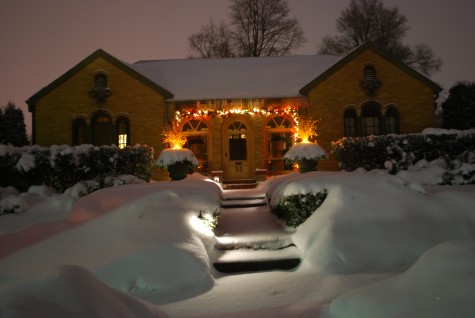 January
January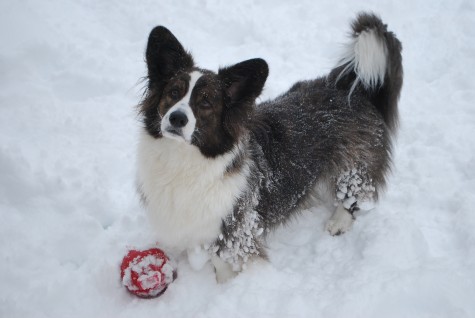 February
February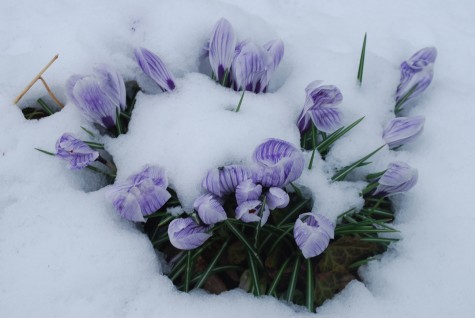 March
March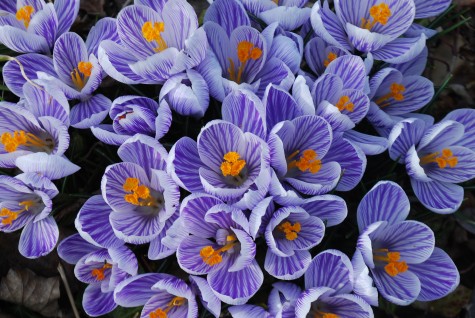 April
April
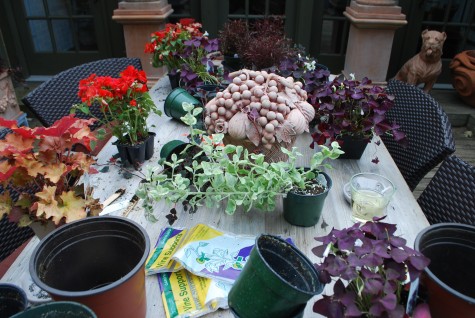 June
June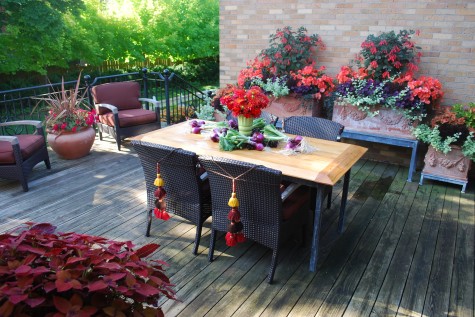 July
July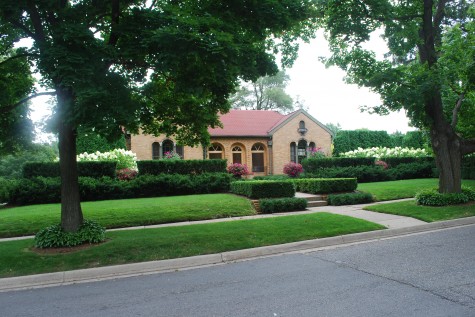 August
August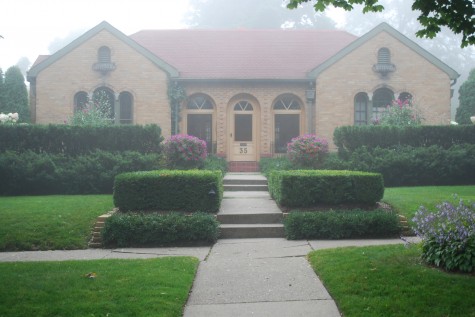 September
September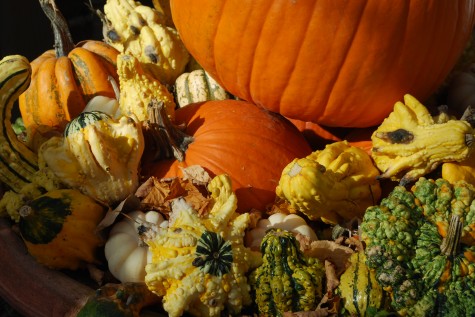 October
October November
November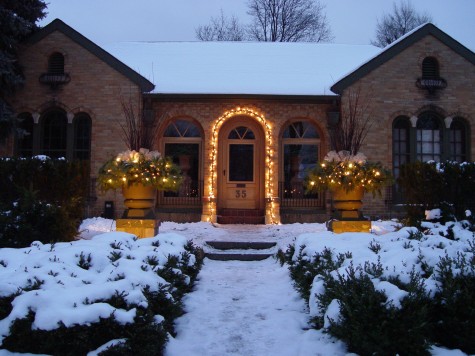 December
December